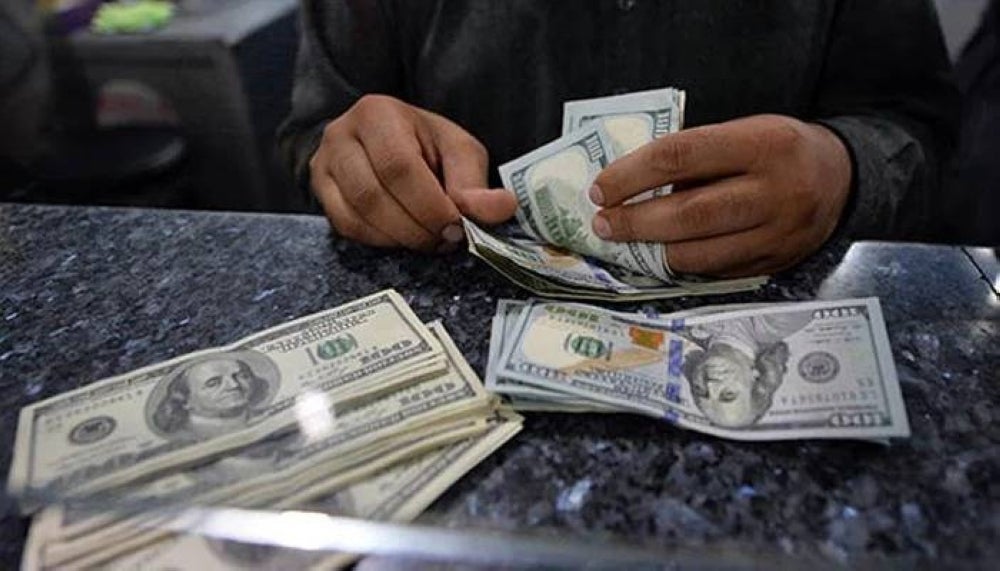Eastspring warns the odds of a US recession rising
28 Jun 2023 09:48pm

Two indicators that have led to the prediction, which are the US Conference Board’s leading economic index and the shape of the yield curve in the US Treasury. - AFP PIX
The Prudential asset management company’s portfolio manager Nupur Gupta pointed to two indicators that have led to the prediction, which are the US Conference Board’s leading economic index and the shape of the yield curve in the US Treasury.
"The economic index, which is basically a combination of how the consumer sector, the manufacturing sector, the labour market as well as the banking credit space are doing, has been declining for over 13 months.
"And (this) gives a very good early signal of the upcoming potential worsening economic outlook,” she said at Eastspring’s 2023 mid-year outlook webinar.
According to its 2023 Mid-Year Outlook report, Eastspring said while core personal consumption expenditures (PCE) inflation, the Fed’s preferred gauge of price pressures, remained elevated in May at 4.7 per cent, inflation should decline in the second half of the year due to high base effects, among other factors.
"As such, we believe that we are close to the end of the US Federal Reserve’s (Fed) tightening cycle. Nevertheless, we continue to monitor the US labour market closely for inflation risks,” the company said.
On fixed income, it is expected to be better in 2023 due to moderating inflation, ongoing recession fears and major central banks nearing the tail end of their hiking cycles.
Eastspring said the Fed has signalled a potential pause in rates if inflation continues to ease.
"In Asia, the monetary cycle seems to be topping out as inflation has undershot expectations in many markets. For now, there seems to be little in terms of domestic cyclical pressures to compel Asian central banks to rush into easing cycles.
"While the US Fed policy has a large impact on Asian central bank behaviour, we expect some to start easing should the balance of risks tilt from inflation to recession,” it added.
Against this backdrop, the Asian fixed income performance has been mixed; investment grade bonds (IGs) delivered positive returns of 3.4 per cent year-to-date, and IGs’ credit ratings have stabilised in the first quarter of 2023 (1Q23) back to pre-Covid levels, according to the report.
On the other hand, high-yield bonds (HYs) posted more muted returns and continued to be pulled down by poor China real estate sentiment.
It said the recovery in China’s property sector still has some way to go both in terms of physical demand and developers gaining access to sufficient financing.
On Asian currencies, Eastspring said the high US dollar yields pose a hurdle for investors to hold long Asia foreign exchange positions.
"Only the Indian rupee, Philippine peso, and Indonesian rupiah have slightly higher yields. Asian currencies are also unlikely to be immune to the deteriorating global growth outlook in which case the high yielding Indonesian rupiah and Indian rupee are likely to fare better than the low yielding currencies such as the Taiwan dollar and Thai baht,” it said.
Meanwhile, the firm’s portfolio manager (fixed income) Wai Mei Leong said investors are waiting for China’s economic stimulus, with equity markets anticipating it more optimistically than the bond market.
"I think it (stimulus) still needs to be measured. I don't think the government wants to be as generous as it used to be in the past when there was over-investment,” she said. - Bernama
Download Sinar Daily application.Click Here!














